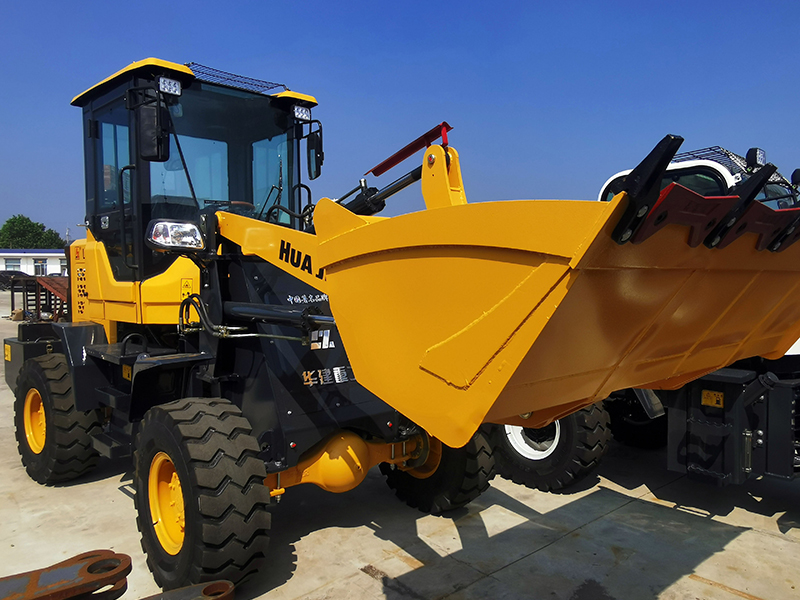Such suffocation will increase the temperature of the brake disc of the small loader. The brake disc temperature heats the brake oil through conduction and radiation, causing the brake oil to vaporize, resulting in the oil circuit of the brake system being cut off by gas, and the pressure can not be transmitted in time. The clamp piston of the small loader is locked due to the non return of the "back pressure" of the air resistance, and the afterburner cylinder produces oil injection due to the "back pressure" of the air resistance, The hotter the vaporization is, the more serious the "back pressure" is, the higher the friction temperature is, the more serious the fuel injection phenomenon is, and the more wasted the brake oil is. In case of oil shortage, the brake system of small loader is not refueled and vented in time, resulting in air entering the brake oil circuit, resulting in air resistance, brake failure and potential safety hazards. Therefore, higher requirements are put forward for the reliable service braking performance, service emergency braking and parking braking performance of small loaders.


